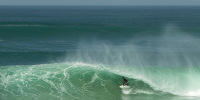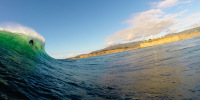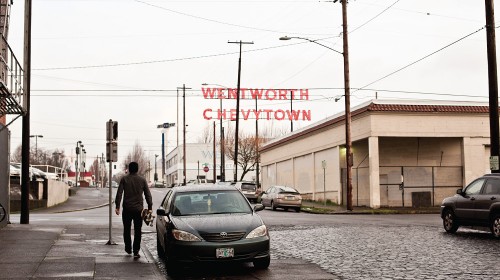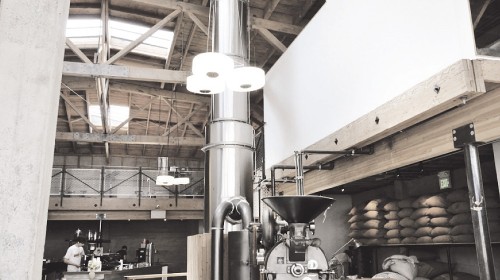I’ve read Jack Kerouac’s coming-of-age novel On the Road twice now. First the heavily edited, Penguin Edition and now the racier, much more raw original scroll edition. I’ve also read most of Jack’s other books including Big Sur, The Dharma Bums, Tristessa, Visions of Cody, Mexico City Blues, The Sea is My Brother, and Satori in Paris and always loved the juxtaposition of zest and sadness for life. I’ve nerded out on his wild poems and was addicted to his Charlie Parker-trumpet prose for most of my twenties. I’ve retraced his steps through San Francisco and Big Sur, drank because he drank, wrote college papers about him, frequented bars and hotels he and his beat cronies hosted parties at, perused City Lights Bookstore a creepy amount of times and even used recipes of his favorite margaritas. But not until now, after reading On the Road (The Original Scroll), later in life, can I put all the “pit and prune juice of poor old beat life” in the proper perspective.
These boys were sad and lonely bums with A TON of intelligence and probably too much access to Benzedrine and booze. And I got a little sad about it.

Neal Cassady and Jack Kerouac
As I mentioned, the first time through the book I read the polished and sedated Penguin Classics version. It was clean, had paragraphs and was friendly enough for elementary schools, but I didn’t care. Jack was speaking my language: a traveling young rebel of the road and I knew exactly what he was feeling. Sitting between the stacks at a squeaky clean Barnes and Noble with a fresh Starbucks I was in heaven, daydreaming of the day when I too would finally fly the coop for no reason but to get dirty and grimy exploring the back alleys of life.
On those pages I could hear locomotives in the night and see the lights of cities and the lonely roads that link them all together. It was the beginning of my romantic visions of the road and all the daydreams that come with it. And as cheesy as it sounds, it was this book that sent me on the road. Inspired by Jack’s philosophy I bought plane tickets before I had enough money. Bent on “figuring it out” by the time the flight came around. I did this and made it to Australia, Chile, Barbados, Canada and Mexico. My passport was stamped. I saw life. And it was as loud and obnoxious and ludicrous and peaceful and relaxing and taxing as poor old Jack promised.

And now, a decade later, having just finished reading the Original Scroll version of the book, my romantic dreams of Jack in a white T-shirt and blue jeans bobbing his head to jazz with a cold beer in hand have been swapped with a much sadder vision. All the complexities lost in the Penguin version stick out like a raw blister in this edition. In the Original Scroll version, his muse Neal Cassady comes across as a veritable psychopath, willing to sadden everyone in his reckless life path. The much racier tale has Neal lose a bit of the spontaneity that makes him charming and shows the open wound of a soul he is, showcasing more in common with the crazy drunk on the corner than the blue-eyed college boy with big dreams and too much energy of before. And aside from a looser, much more sexually explicit edit, the original scroll puts an emphasis on sexual exploration and reveals the darker side of the beats use of drugs and alcohol. All those brushed over realities comes out in this version. And to be honest it feels much more like the hangover than the buzz. More exhausting than inspiring. Much sadder. And Lonelier. The optimism of the original is replaced by guilt, sadness and very oppressing gloom of women left behind, too many drugs. Too much alcohol. Not enough food. But it is the more authentic portrayal that Jack spent years trying to get published always to no avail.
A lot of my own sentiment may be due to finishing the novel on a plane — a place I feel a severely heightened sense of emotion (Listen to Slowdive on a plane and you’ll cry into your Sprite can). I finished the book last week as the wheels touched down at LAX and of course, as the books final lines will lead one to: I thought of Neal Cassady…and how I just didn’t feel the same as I once did. By the time we taxied to the terminal, I thought of poor old Jack Kerouac too. And all the compassion he’d used up on old Neal. Which one would imagine is what sent him into an alcohol-induced death by brain hemorrhage at 47. All so sad now. Poor old Jack. The meltdown he has in Big Sur makes a lot more sense now.
While many people I’ve recommended this book to (including one friend who texted me a few weeks ago saying, “I finished On the Road! It took me 7 years!”) don’t quite understand that the plot isn’t exactly a plot in a classic sense, I think it’s one of the greatest documents we have chronicling a specific moment in time, capturing every triumph and struggle facing a generation nearly lost, wandering the country aimlessly, rebelling against tradition and looking for the spark. As we all do. And the language is a feat in itself. Jack spontaneously composed it in 3 weeks of madness, all a single paragraph of euphoria on an unending piece of paper (that he said even looked like a road). It’s been out for a while, but if you’re a fan, reading this scroll version is a must, as for me it’s a much more honest depiction of the reality that our society loves to romanticize. But don’t have the stomach to glorify it for all the honesty, sadness and beauty that it is. And while I feel different, sadder and more exhausted by the final page, I think the original scroll is a way better book. —Travis
A few lines from On the Road: The Original Scroll:
I cried for all of us. There was no end to the American sadness and the American madness. Someday we’ll all start laughing and roll on the ground when we realize how funny it’s been.
I wanted to jump down from a mast and land right in her cunt, but I was true to Henri’s promise. I averted my eyes from her.
L.A. is a jungle…the beatest characters in the country swarmed on the sidewalks–all of it under those soft southern California stars that are lost in the brown halo of the huge desert encampment that L.A. really is. You could smell tea, weed, I mean marijuana floating in the air, together with the chili beans and beer.
And there we were with a stolen car right on our doorstep. I had to wake him up, I couldn’t get the car started myself and dump it somewhere far off. HE stumbled out of bed wearing just his jockey shorts and we got in the car together–while the kids giggled from the windows–and went bouncing and flying straight over the corn-rows at the end of the road till finally the car couldn’t take any more and stopped dead under an old cottonwood near the old mill. “Can’t go any further” said Neal simply and got out and started walking back over the corn field, about a half mile, in his shorts. We got back to the house and went to sleep. Everything was in a horrible mess, all of Denver, Clementine, cars, children, poor Johnny, the living room splattered with beer and cans and I simply went to sleep myself.

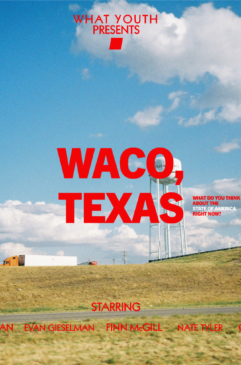
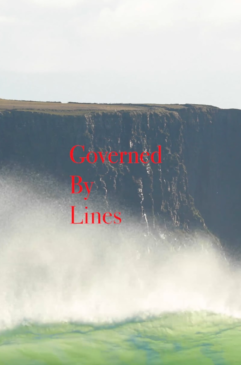
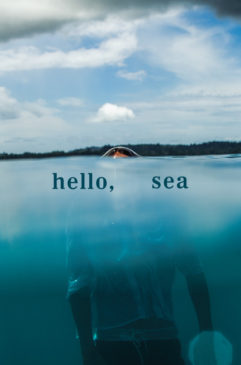
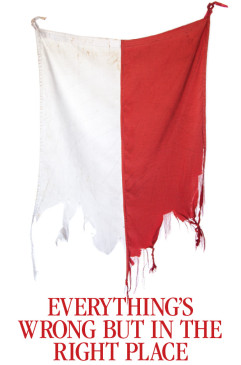
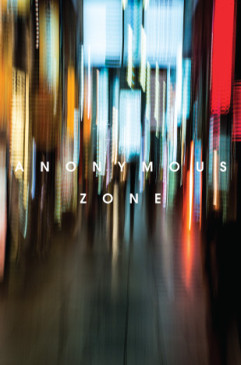
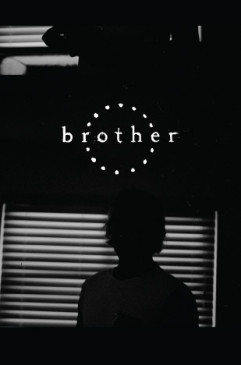
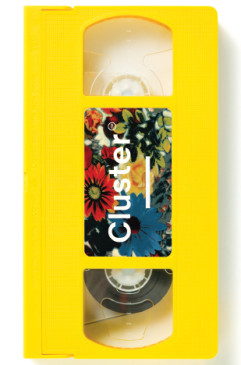
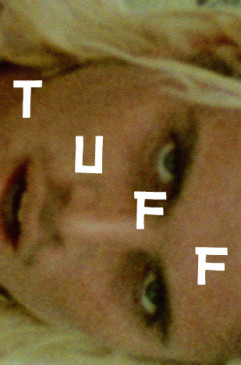
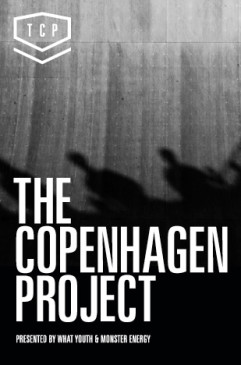
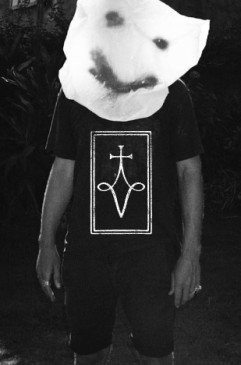
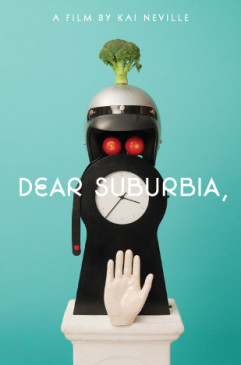
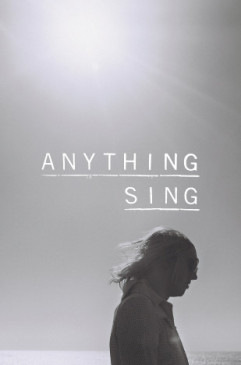


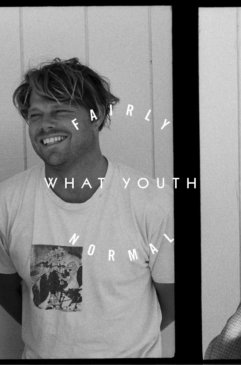
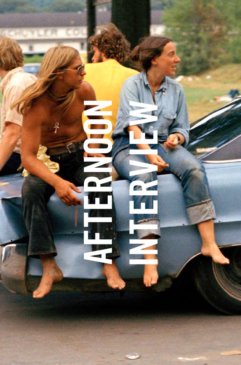
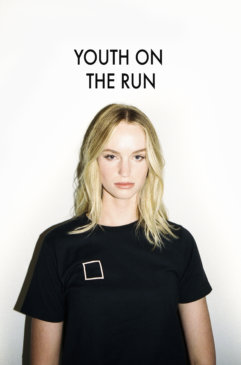
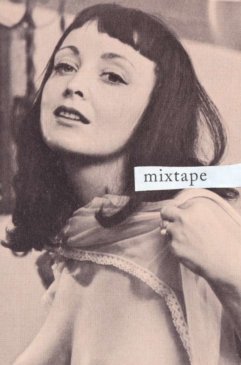
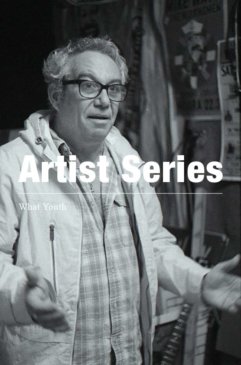
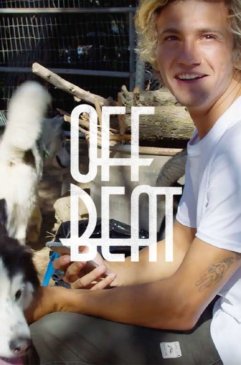
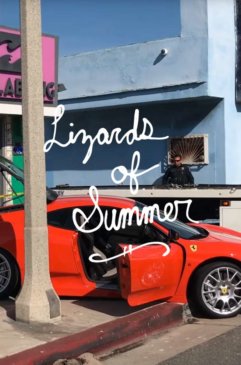

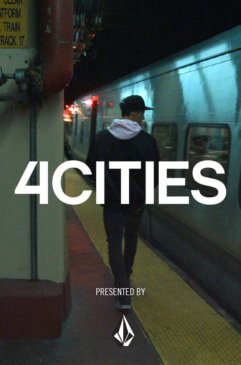
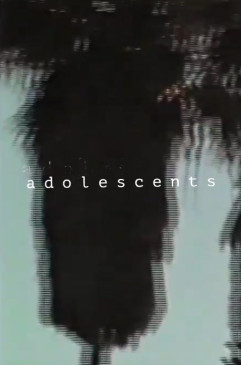
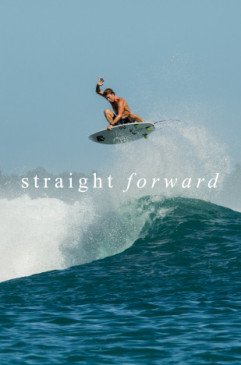
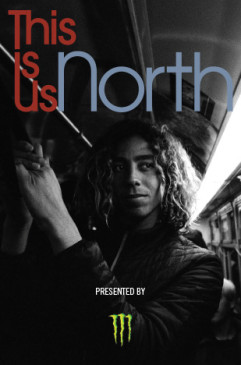
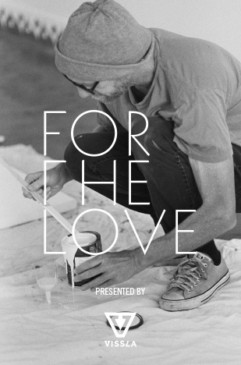
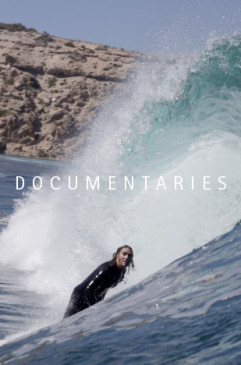
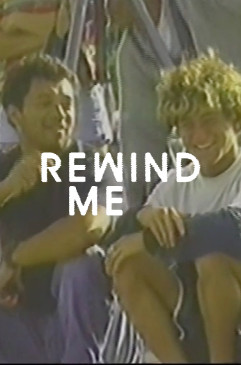
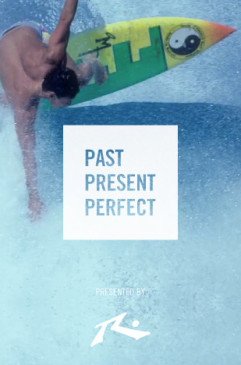
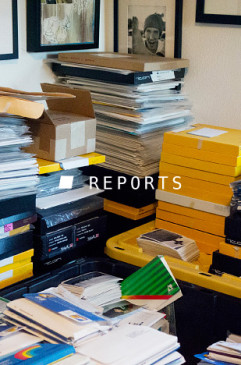
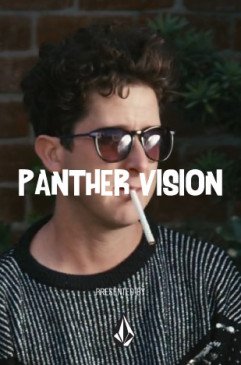
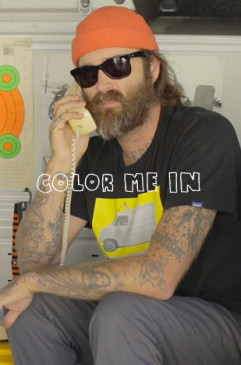
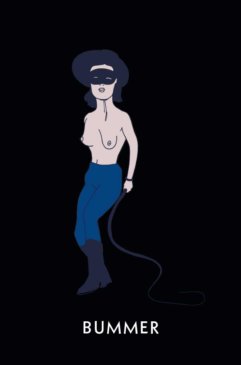
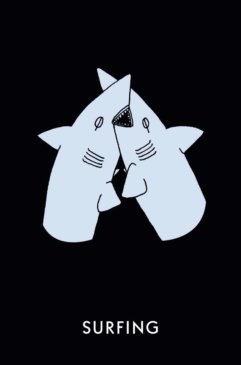
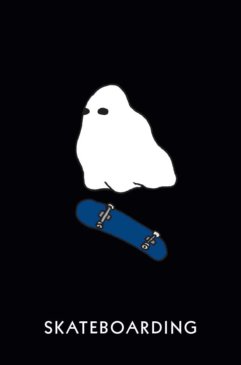
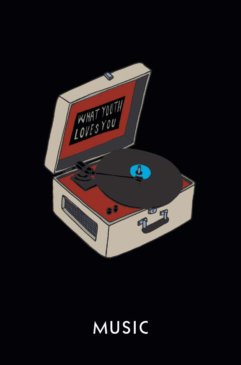
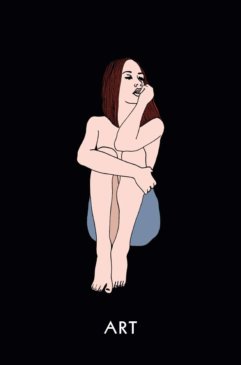
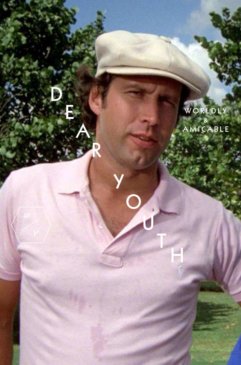
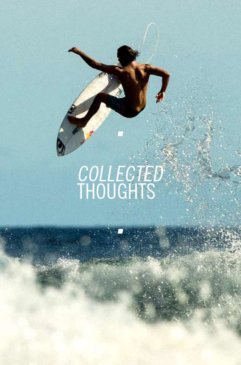


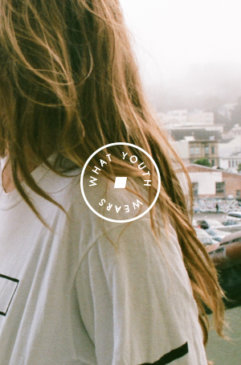

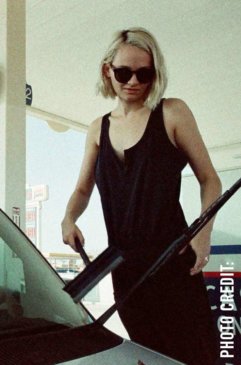


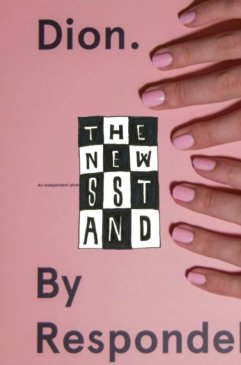
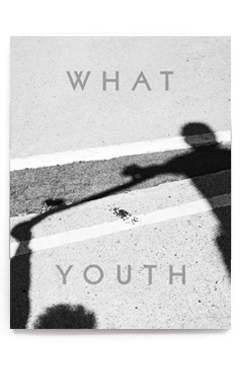
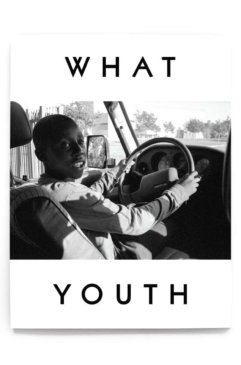
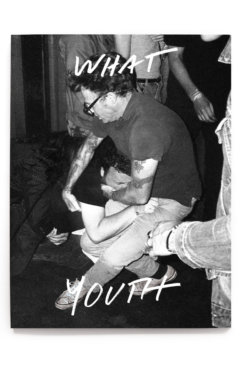
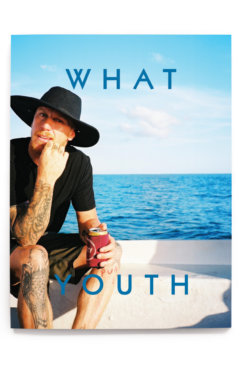
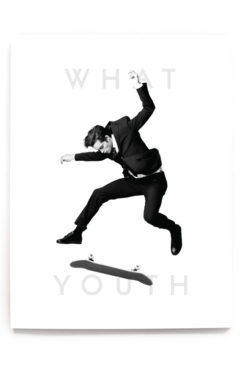
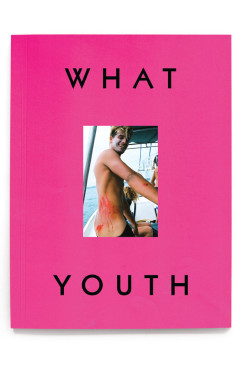
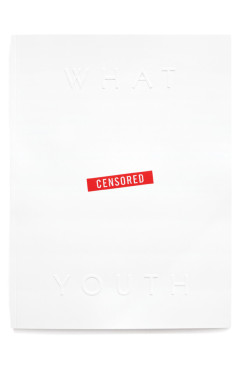
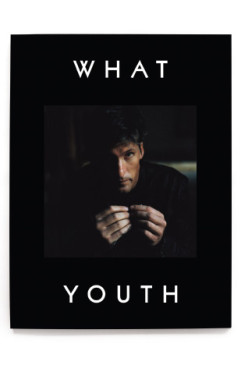
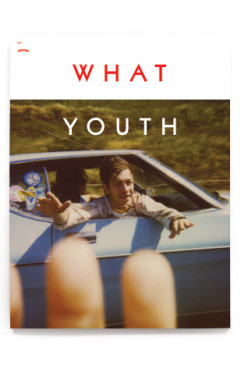
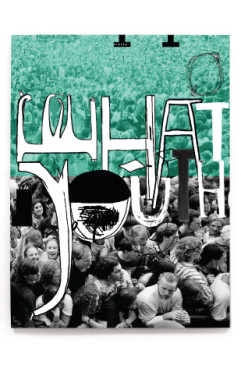
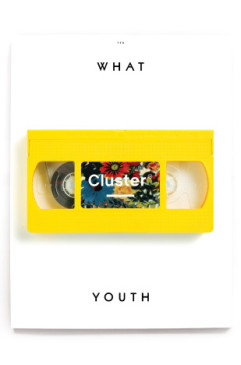
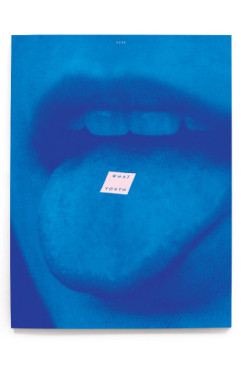
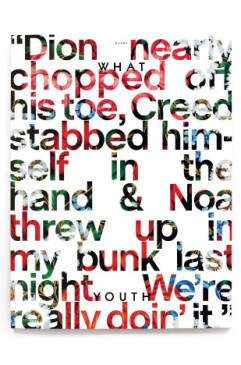
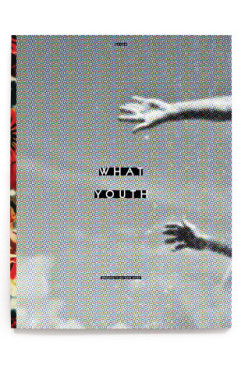
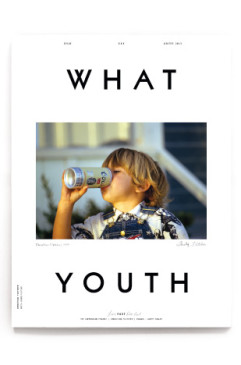
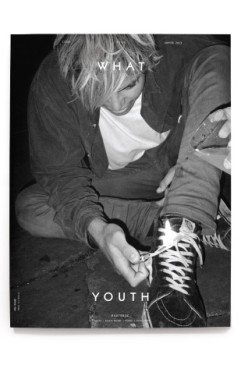
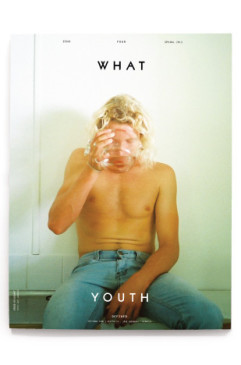
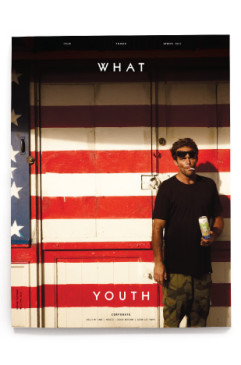
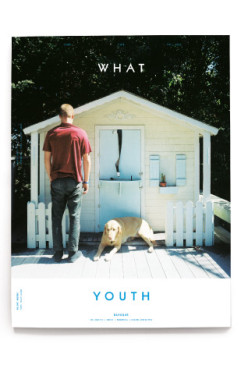
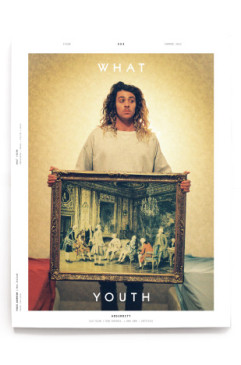
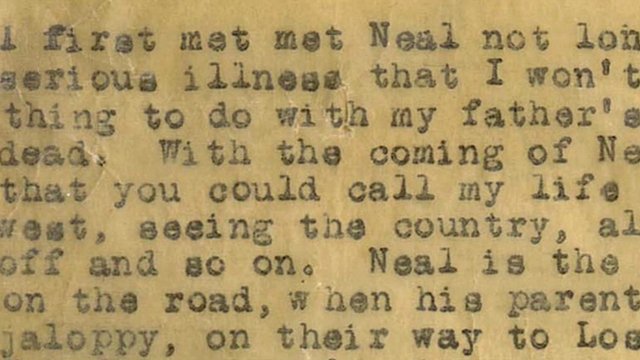
 NXT
NXT 
